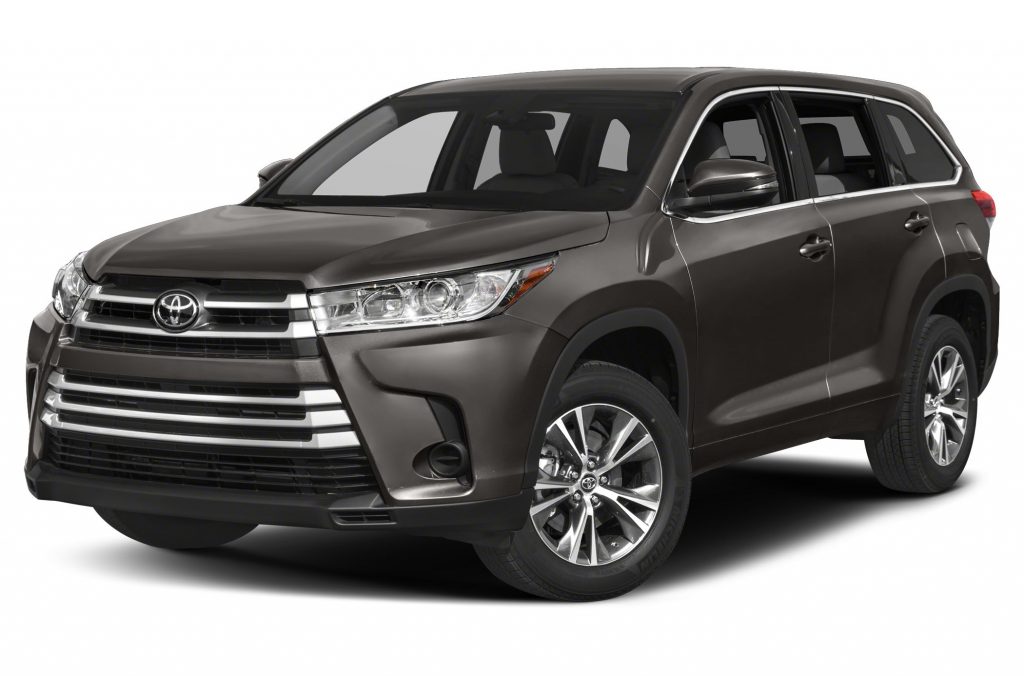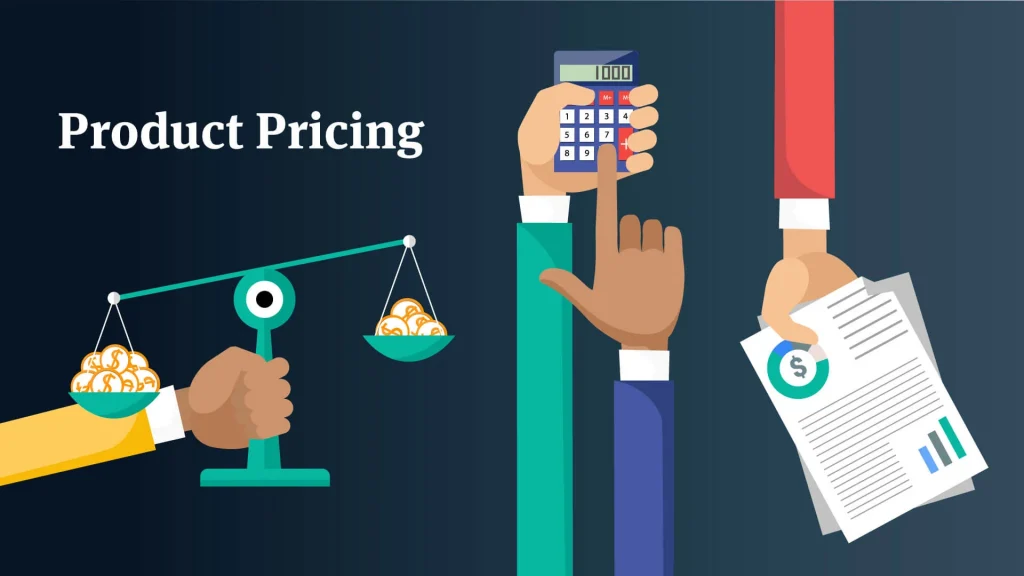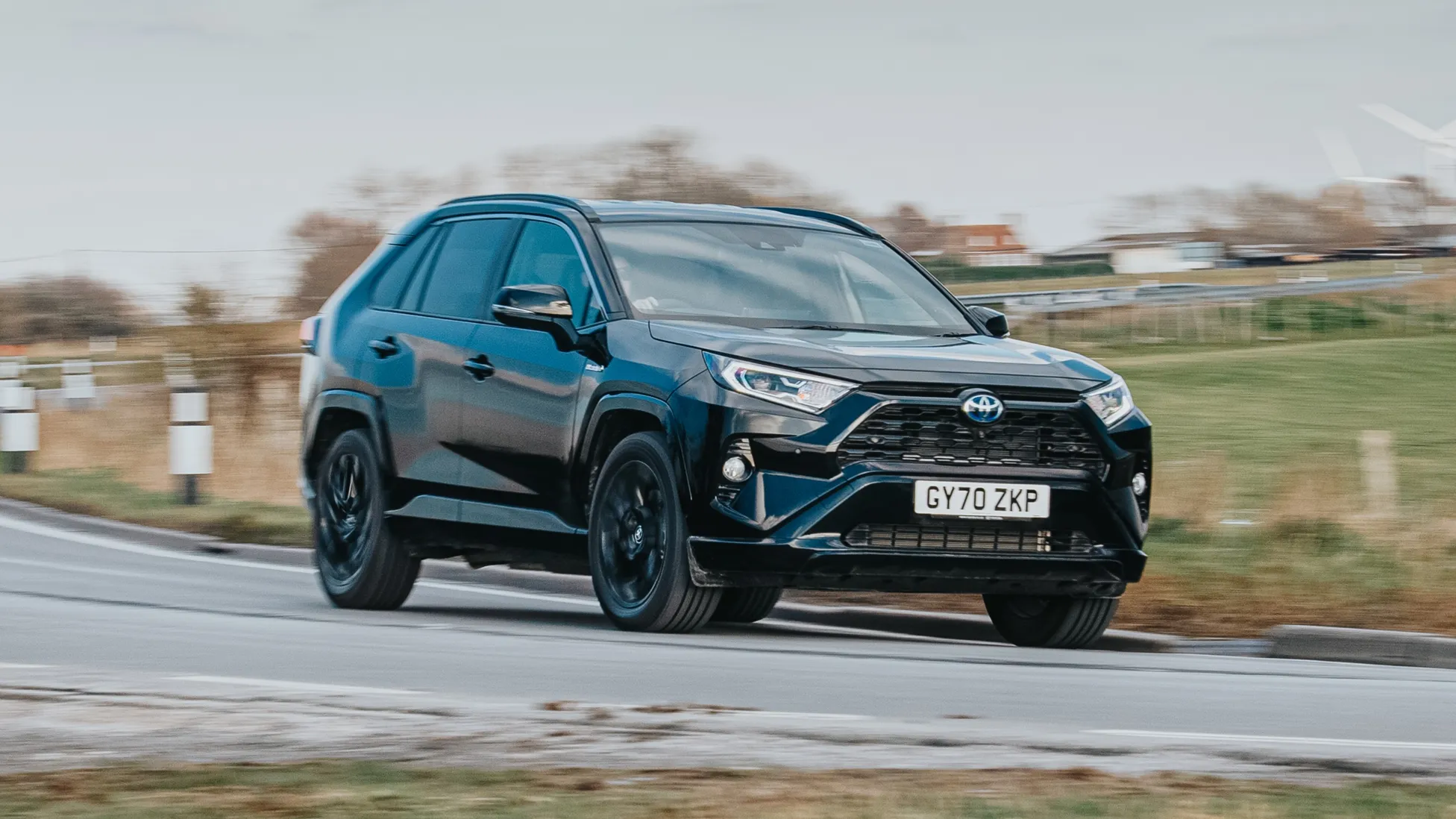Purchasing a used car is a practical decision that can help you save money without compromising on quality, especially when buying a reliable brand like Toyota. If you’re considering buying a used Toyota for the first time, it’s essential to know what factors to focus on to ensure you make an informed choice. From understanding the model’s reliability to inspecting the vehicle’s condition, a thorough approach will help you avoid potential pitfalls. This article outlines the critical things you need to consider before sealing the deal on a used Toyota.
Why Choose Toyota?

Toyota is known for its longevity, fuel efficiency, and strong resale value, making it a top choice for used car buyers. Whether you’re looking for a compact sedan like the Toyota Corolla or a spacious SUV such as the Toyota Highlander, Toyota vehicles offer great performance and minimal maintenance when properly cared for. Their reputation for reliability is well-established, which makes them a strong contender in the used car market. However, even a Toyota vehicle requires careful inspection and research to ensure you’re getting the best value for your money.
Understand Your Budget
Before starting your search for a used Toyota, it’s essential to define your budget. Determine how much you’re willing to spend on the car, factoring in the cost of insurance, taxes, registration fees, and potential repairs. It’s also a good idea to include a buffer amount for unforeseen expenses that may arise after you purchase the car. Knowing your budget will help you narrow down the model options and ensure you’re looking at vehicles within your financial range.
Research the Toyota Model You Want
Toyota offers a wide range of models, each with its own set of features, performance specifications, and overall appeal. If you’re looking for a compact sedan, the Toyota Corolla is a solid choice with its excellent fuel economy and smooth ride. If you need more space, consider the Toyota Camry or Toyota Highlander, which provide ample room for passengers and cargo. For a more rugged option, the Toyota 4Runner or Toyota Tacoma might be perfect for you.
Do some research to understand the features and specifications of each model, including safety features, fuel economy, and performance capabilities. This knowledge will help you make a more informed decision when viewing used Toyota cars.
Check Vehicle History Reports
One of the most important steps in buying a used car is obtaining a vehicle history report. This report provides critical information about the car’s past, such as whether it has been involved in any accidents, its service records, and whether it has a clean title. Services like Carfax or AutoCheck allow you to check for any red flags that may affect the car’s condition and value.
Look for any major accidents or consistent mechanical issues that could pose problems down the road. A clean history report typically indicates that the vehicle has been well-maintained, making it a safer investment.
Inspect the Vehicle’s Exterior and Interior
While it might seem obvious, a thorough inspection of both the exterior and interior of the car is essential. Start by examining the body for any signs of rust, dents, or scratches. Rust can lead to further complications down the road and could be a sign of poor maintenance or exposure to harsh conditions. Be sure to also check the paint to ensure it is consistent, as mismatched paint may indicate the vehicle has been in an accident.
Next, inspect the interior of the car. Check the condition of the upholstery, dashboard, and other components. If the car is equipped with features like a sunroof or leather seats, ensure they’re functioning properly. Look for signs of water damage or mildew, which could be a sign of leaks or flooding.
Evaluate the Car’s Engine and Mechanical Components
The engine is the heart of any vehicle, and ensuring it’s in good condition is critical when purchasing a used car. Have the engine thoroughly inspected by a qualified mechanic before making any decisions. Pay attention to any signs of leaks, unusual noises, or excessive exhaust smoke. If the engine is running smoothly and the oil levels are within the recommended range, that’s a good indication that it has been well-maintained.
In addition to the engine, check other essential mechanical components, such as the transmission, suspension, brakes, and tires. If there are any issues with these parts, it could lead to expensive repairs in the near future.
Take a Test Drive
A test drive is one of the best ways to assess how a used Toyota drives and to ensure everything is working as it should. During the test drive, pay attention to how the car handles, accelerates, brakes, and whether it makes any strange noises. Test out different driving conditions, including highway speeds and stop-and-go traffic, to see how the vehicle performs under various circumstances.
Additionally, make sure that all the electronic features work, including air conditioning, power windows, and the infotainment system. These small details can be indicators of the vehicle’s overall condition and maintenance history.
Consider the Car’s Mileage
The mileage on a used Toyota can give you an idea of how much life the vehicle has left. Generally, Toyota cars are known for their longevity, and many models can easily last beyond 200,000 miles with proper maintenance. However, a car with very high mileage may have more wear and tear, even if the car has been well-maintained. A vehicle with lower mileage is often preferred, but it might come at a higher price. Balancing mileage with the car’s overall condition is key.
Assess the Vehicle’s Maintenance Records
One of the best ways to ensure that a used Toyota has been well-maintained is by reviewing its maintenance records. A well-documented service history shows that the previous owner took the time to keep the vehicle in good condition. Look for regular oil changes, brake inspections, tire rotations, and any major repairs or replacements, such as timing belt changes or transmission work.
If the vehicle doesn’t have a clear maintenance history, it could be a red flag, as it may have been neglected or poorly maintained.
Negotiate the Price
Once you’ve inspected the used Toyota and are satisfied with its condition, it’s time to negotiate the price. Be prepared to haggle based on factors like the vehicle’s age, mileage, condition, and any repairs that may be needed. It’s always a good idea to get a few quotes from different sellers to ensure you’re paying a fair price for the car.

Additionally, you may be able to use issues discovered during the inspection (like minor cosmetic damage or needed repairs) to lower the price or ask for additional services, like a warranty.
Finalize the Deal
Before finalizing the deal, ensure that all necessary paperwork is in order, including the bill of sale, title transfer, and any warranties or guarantees that may apply. Make sure the car’s VIN matches the one listed on the vehicle history report and that all documents are legitimate. If the transaction is being completed at a dealership, ensure that they provide you with a copy of the inspection report and any service records available.
Lastly, don’t forget to review the terms of any financing or insurance arrangements if applicable.
Conclusion
Buying a used Toyota for the first time can be an exciting and rewarding experience, but it requires careful consideration. By taking the time to research models, evaluate the vehicle’s history and condition, and perform a thorough inspection, you’ll ensure that you’re making a sound investment. Whether you’re looking for a fuel-efficient sedan, a spacious SUV, or a rugged truck, Toyota offers a reliable and long-lasting option for every driver. Keep these tips in mind, and you’ll be well on your way to driving home in a great used Toyota.

Leave a Reply